When discussing climate change, we are addressing more than just rising temperatures and extreme weather patterns. This issue encompasses broader dimensions of social justice, economic resilience, and ecological sustainability, affecting every segment of society. However, one critical element often overlooked in policymaking is the significant role of women in climate action. Ignoring their contributions means missing the opportunity to develop more equitable and effective solutions. Through the lenses of ecofeminism and two-level game theory, the engagement of women in the G-20, particularly under Indonesia’s presidency, provides valuable lessons on how inclusive and justice-oriented policies can drive transformative change.
Ecofeminism emerges from the idea that the exploitation of nature and the oppression of women share common roots within dominant patriarchal systems. Françoise d’Eaubonne introduced this term (Warren, 1997) to highlight how social structures subordinate both nature and women, leading to destructive exploitation. Vandana Shiva, a prominent figure in the movement, expanded this argument (Shiva & Mies, 2005) by showing how profit-driven global economies deepen ecological crises while exacerbating gender inequality. Ecofeminism underscores that ecological sustainability cannot be separated from social justice.
In the context of Indonesia’s G-20 presidency, ecofeminism gained significant momentum. The Women 20 (W20) and Civil 20 (C20) forums created spaces for women to engage in global policy discussions on climate mitigation and adaptation. Influential women leaders such as Yenny Wahid and Shinta Kamdani brought often-overlooked perspectives to international discussions. Through initiatives like the Gender Responsive Climate Action program, Indonesia highlighted the importance of integrating gender perspectives into climate policy. This program places women as key stakeholders with unique insights into local needs and community-based climate solutions.
However, challenges persist. Structural and cultural barriers remain formidable obstacles. Resistance to change that involves women in strategic decision-making illustrates outdated perceptions that view women as complementary actors rather than primary drivers. Patriarchy entrenched in social and political institutions restricts women’s access to leadership positions, where they could shape policies directly impacting everyday lives.
Robert D. Putnam’s two-level game theory offers a powerful framework for understanding how international policy is influenced by domestic dynamics. According to Putnam, international negotiations occur on two levels: the domestic level, where governments respond to the interests and pressures of their constituencies, and the international level, where they seek agreements with other nations. In the context of climate change, negotiators must balance national economic development needs with global commitments to reduce carbon emissions.
Indonesia’s G-20 presidency exemplifies the complexity of this two-level interaction. On the domestic front, Indonesia faces pressure to accelerate its energy transition while safeguarding economic growth. Simultaneously, international commitments, such as those enshrined in the Paris Agreement, demand concrete actions to curb carbon emissions and protect the environment. Women involved in Indonesia’s climate policy negotiations must navigate dual challenges. According to Dewi (2023), these challenges are compounded by persistent gender biases and limited access to leadership roles in key sectors. Domestically, they confront social norms that limit their roles, while internationally, they advocate for gender inclusion in forums often dominated by masculine perspectives.
This dynamic requires building broad coalitions at both domestic and international levels. Success in climate negotiations hinges on aligning local priorities with global demands. Women leaders like Yenny Wahid utilize an inclusive approach, blending social justice and environmental protection perspectives (Wibisono, 2024) to craft more holistic policies. Domestically, strengthening women’s capacities through training and improved access to green technology becomes crucial for fostering policy flexibility and enabling rapid adaptation.
Combining ecofeminism with two-level game strategies provides a robust framework for crafting more equitable and effective climate policies. One example of this synergy is enhancing women’s participation in decision-making through gender quota policies. Such measures ensure that women have substantive, not merely symbolic, roles in policymaking. Equal access to strategic positions allows women to contribute perspectives that enrich climate solutions.
Additionally, gender-responsive domestic policies can enhance flexibility in international negotiations. For instance, community-based mitigation programs designed and led by women offer best practices that can be promoted globally. This approach strengthens Indonesia’s negotiating position internationally while bolstering local resilience to climate impacts.
Collaboration with countries experienced in implementing ecofeminist-based policies can also accelerate progress. Indonesia’s presidency can leverage international networks to share knowledge and resources, creating opportunities to expand inclusive and sustainable policies. Nations like Sweden, which successfully integrate gender perspectives into environmental policy, can inspire further advancements. Studies by Nordenstam and Wictorin (2022) highlight Sweden’s innovative use of feminist frameworks in climate activism.
Solutions to the climate crisis cannot be found within narrow technocratic approaches. Genuine change requires a comprehensive framework where social justice and ecological sustainability are central pillars. Ecofeminism provides a moral and conceptual foundation for integrating these dimensions, while two-level game theory offers tools for navigating the complex political interplay between domestic and international interests.
Indonesia has a unique opportunity to lead by example, demonstrating how inclusive climate policies can yield more effective and just outcomes. Women’s involvement at every level of decision-making ensures that policies prioritize not only environmental protection but also the well-being of the most vulnerable communities. Climate change demands global collaboration, but without gender justice, progress remains incomplete.
By integrating ecofeminist principles and two-level game strategies, we can create a world that is not only greener but also more equitable and inclusive. Women’s voices are pivotal on this journey—and the time has come to ensure that they are not only heard but also respected and acted upon.
References
- Dewi, S. N. (2023). Contribution of Indonesian Women in G-20 Addressing Climate Change Issues. Interview by T. Avrielia. Jakarta: Zoom Meeting, November 23, 2023.
- Nordenstam, A., & Wictorin, M. W. (2022). Climate activism: Contemporary Swedish feminist comics. Journal of Graphic Novels and Comics, 1–13. https://doi.org/10.1080/21504857.2022.2075413
- Putnam, R. D. (1988). Diplomacy and domestic politics: The logic of two-level games. International Organization, 42(3), 427–460. https://doi.org/10.1017/S0020818300027697
- Shiva, V., & Mies, M. (2005). Ecofeminism. London: Zed Books.
- Warren, K. J. (1997). Ecofeminism: Women, culture, nature. Bloomington: Indiana University Press.
- Wibisono, B. (2024). Women’s Role in Climate Policy: Insights from Indonesia’s G-20 Presidency. Interview by T. Avrielia. Jakarta: Zoom Meeting, April 29, 2024.




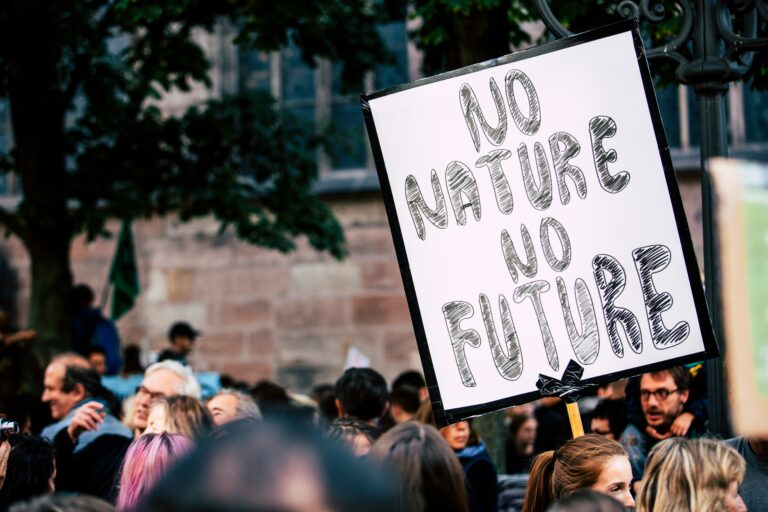
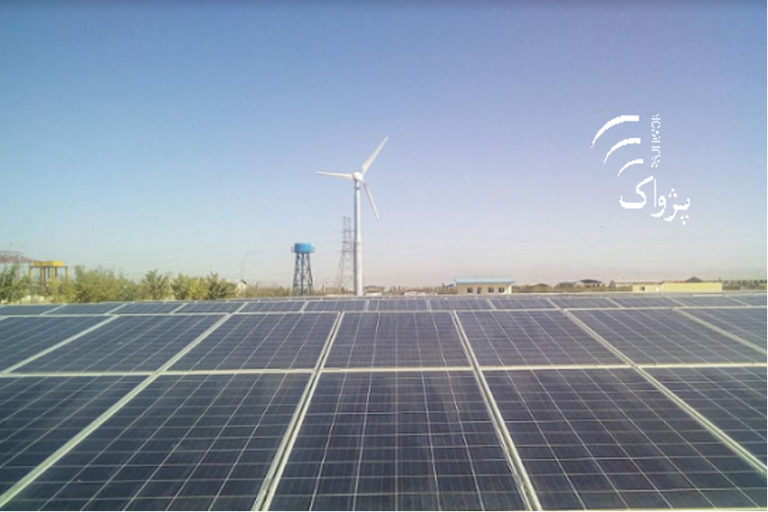
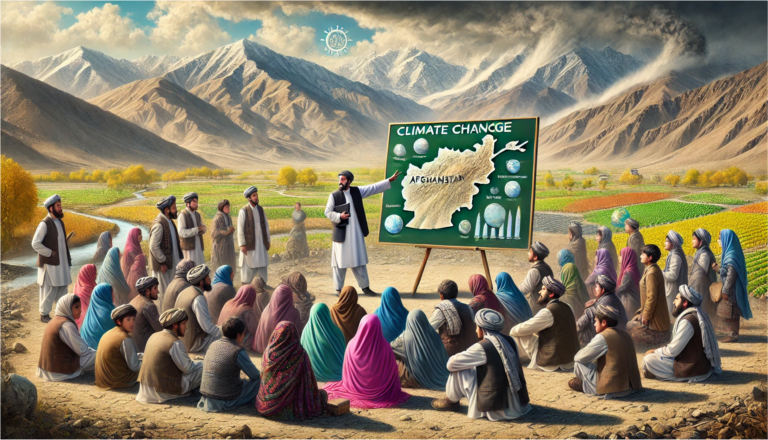
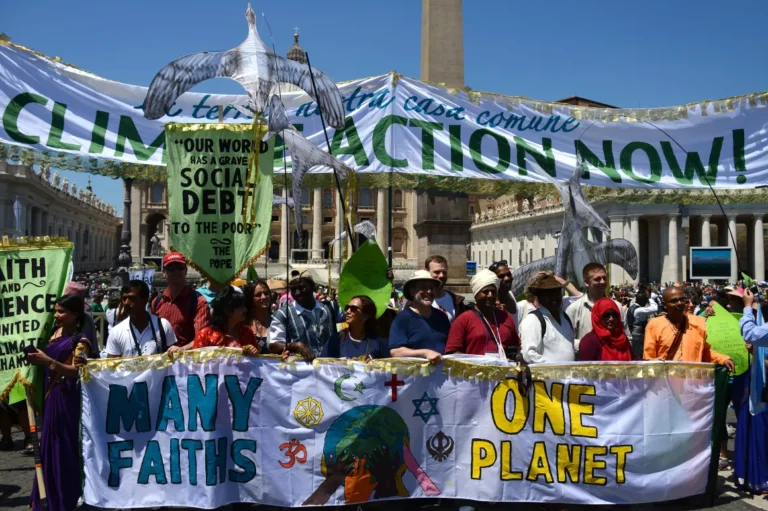
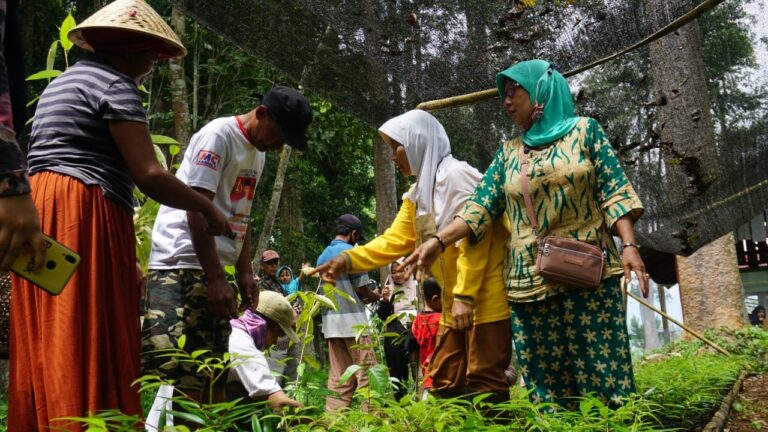

+ There are no comments
Add yours